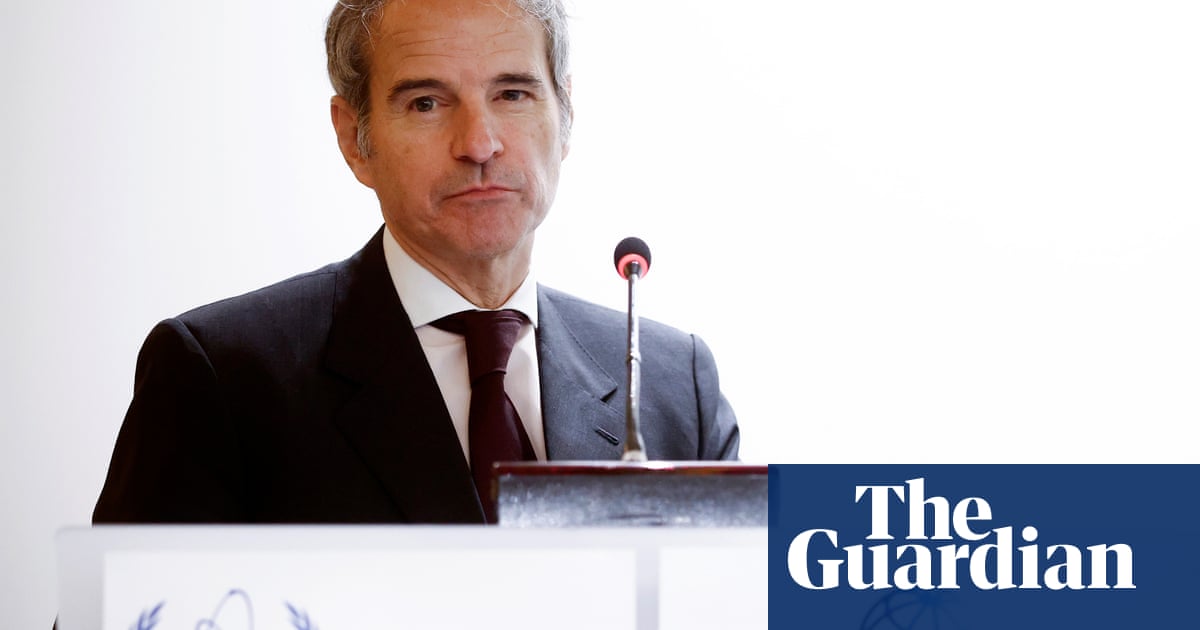The UN nuclear watchdog chief Rafael Grossi saysIranlikely will be able to begin to produce enriched uranium “in a matter of months”, despite damage to several nuclear facilities from US and Israeli attacks, CBS News said on Saturday.
Israel launched a bombing campaignon Iranian nuclear and military sites on 13 June, saying it was aimed at keeping Iran from developing a nuclear weapon – an ambition the Islamic republic has consistently denied.
The US subsequently bombed three key facilities used for Tehran’s atomic program.
Iran’s foreign minister, Abbas Araghchi, says the extent of the damage to the nuclear sites is “serious”, but the details are unknown. Donald Trump insisted Iran’snuclear program had been set back “decades”.
But Grossi, the director general of the International Atomic Energy Agency (IAEA), said “some is still standing.”
“They can have, you know, in a matter of months, I would say, a few cascades of centrifuges spinning and producing enriched uranium, or less than that,” Grossi said on Friday, according to a transcript of the interview released Saturday.
Another key question is whether Iran was able to relocate some or all of its estimated 408.6kg (900lbs) stockpile of highly enriched uranium before the attacks.
The uranium in question is enriched to 60% – above levels for civilian usage but still below weapons grade. That material, if further refined, would theoretically be sufficient to produce more than nine nuclear bombs.
“We don’t know where this material could be,” Grossi admitted to CBS.
“So some could have been destroyed as part of the attack, but some could have been moved. So there has to be at some point a clarification.”
For now,Iranian lawmakers voted to suspend cooperation with the IAEAand Tehran rejected Grossi’s request for a visit to the damaged sites, especially Fordow, the main uranium enrichment facility.
“We need to be in a position to ascertain, to confirm what is there, and where is it and what happened,” Grossi said.
In a separate interview with Fox News’s Sunday Morning Futures program, Trump said he did not think the stockpile had been moved.
“It’s a very hard thing to do plus we didn’t give much notice,” the US president said, according to excerpts of the interview. “They didn’t move anything.”
The US secretary of state, Marco Rubio, on Saturday underscored Washington’s support for “the IAEA’s critical verification and monitoring efforts in Iran,” commending Grossi and his agency for their “dedication and professionalism.”
The full Grossi interview will air on Face the Nation with Margaret Brennan on Sunday.
